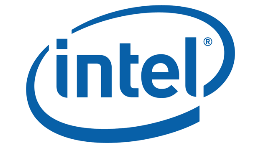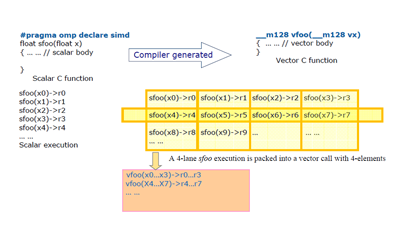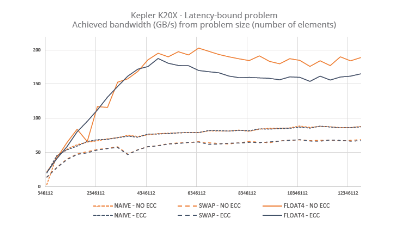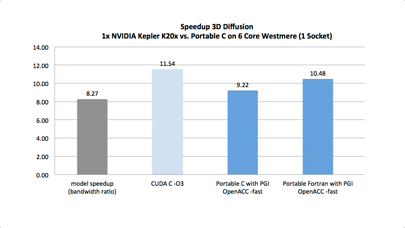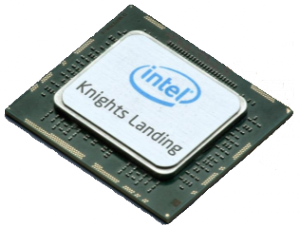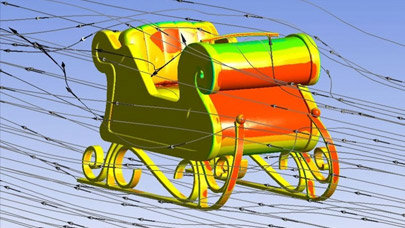In order to maximize the benefits of HPC for economic competitiveness and scientific discovery, the United States Government will create a coordinated Federal strategy in HPC research, development, and deployment. Investment in HPC has contributed substantially to national economic prosperity and rapidly accelerated scientific discovery. Creating and deploying technology at the leading edge is vital to advancing my Administration’s priorities and spurring innovation. Accordingly, this order establishes the National Strategic Computing Initiative (NSCI). The NSCI is a whole-of-government effort designed to create a cohesive, multi-agency strategic vision and Federal investment strategy, executed in collaboration with industry and academia, to maximize the benefits of HPC for the United States.
Over the past six decades, U.S. computing capabilities have been maintained through continuous research and the development and deployment of new computing systems with rapidly increasing performance on applications of major significance to government, industry, and academia. Maximizing the benefits of HPC in the coming decades will require an effective national response to increasing demands for computing power, emerging technological challenges and opportunities, and growing economic dependency on and competition with other nations. This national response will require a cohesive, strategic effort within the Federal Government and a close collaboration between the public and private sectors.
With this initiative, the US government wants to ensure sustain and enhance its scientific, technological, and economic leadership position in HPC research, development, and deployment through a coordinated Federal strategy guided by four principles:
- deploy and apply new HPC technologies broadly for economic competitiveness and scientific discovery.
foster public-private collaboration, relying on the respective strengths of government, industry, and academia to maximize the benefits of HPC. - adopt a whole-of-government approach that draws upon the strengths of and seeks cooperation among all executive departments and agencies with significant expertise or equities in HPC while also collaborating with industry and academia.
- develop a comprehensive technical and scientific approach to transition HPC research on hardware, system software, development tools, and applications efficiently into development and, ultimately, operations.
Executive departments, agencies, and offices (agencies) participating in the NSCI will pursue five strategic objectives :
- Accelerating delivery of a capable exascale computing system that integrates hardware and software capability to deliver approximately 100 times the performance of current 10 petaflop systems across a range of applications representing government needs.
- Increasing coherence between the technology base used for modeling and simulation and that used for data analytic computing.
Establishing, over the next 15 years, a viable path forward for future HPC systems even after the limits of current semiconductor technology are reached (the “post- Moore’s Law era”). - Increasing the capacity and capability of an enduring national HPC ecosystem by employing a holistic approach that addresses relevant factors such as networking technology, workflow, downward scaling, foundational algorithms and software, accessibility, and workforce development.
- Developing an enduring public-private collaboration to ensure that the benefits of the research and development advances are, to the greatest extent, shared between the United States Government and industrial and academic sectors.
Roles and Responsibilities
To achieve the five strategic objectives, this order identifies lead agencies, foundational research and development agencies, and deployment agencies. Lead agencies are charged with developing and delivering the next generation of integrated HPC capability and will engage in mutually supportive research and development in hardware and software, as well as in developing the workforce to support the objectives of the NSCI. Foundational research and development agencies are charged with fundamental scientific discovery work and associated advances in engineering necessary to support the NSCI objectives. Deployment agencies will develop mission-based HPC requirements to influence the early stages of the design of new HPC systems and will seek viewpoints from the private sector and academia on target HPC requirements. These groups may expand to include other government entities as HPC-related mission needs emerge.
Lead Agencies
There are three lead agencies for the NSCI: the Department of Energy (DOE), the Department of Defense (DOD), and the National Science Foundation (NSF). The DOE Office of Science and DOE National Nuclear Security Administration will execute a joint program focused on advanced simulation through a capable exascale computing program emphasizing sustained performance on relevant applications and analytic computing to support their missions. NSF will play a central role in scientific discovery advances, the broader HPC ecosystem for scientific discovery, and workforce development. DOD will focus on data analytic computing to support its mission. The assignment of these responsibilities reflects the historical roles that each of the lead agencies have played in pushing the frontiers of HPC, and will keep the Nation on the forefront of this strategically important field. The lead agencies will also work with the foundational research and development agencies and the deployment agencies to support the objectives of the NSCI and address the wide variety of needs across the Federal Government.
Foundational Research and Development Agencies
There are two foundational research and development agencies for the NSCI: the Intelligence Advanced Research Projects Activity (IARPA) and the National Institute of Standards and Technology (NIST). IARPA will focus on future computing paradigms offering an alternative to standard semiconductor computing technologies. NIST will focus on measurement science to support future computing technologies. The foundational research and development agencies will coordinate with deployment agencies to enable effective transition of research and development efforts that support the wide variety of requirements across the Federal Government.
Deployment Agencies
There are five deployment agencies for the NSCI: the National Aeronautics and Space Administration, the Federal Bureau of Investigation, the National Institutes of Health, the Department of Homeland Security, and the National Oceanic and Atmospheric Administration. These agencies may participate in the co-design process to integrate the special requirements of their respective missions and influence the early stages of design of new HPC systems, software, and applications. Agencies will also have the opportunity to participate in testing, supporting workforce development activities, and ensuring effective deployment within their mission contexts.
© HPC Today 2024 - All rights reserved.
Thank you for reading HPC Today.




